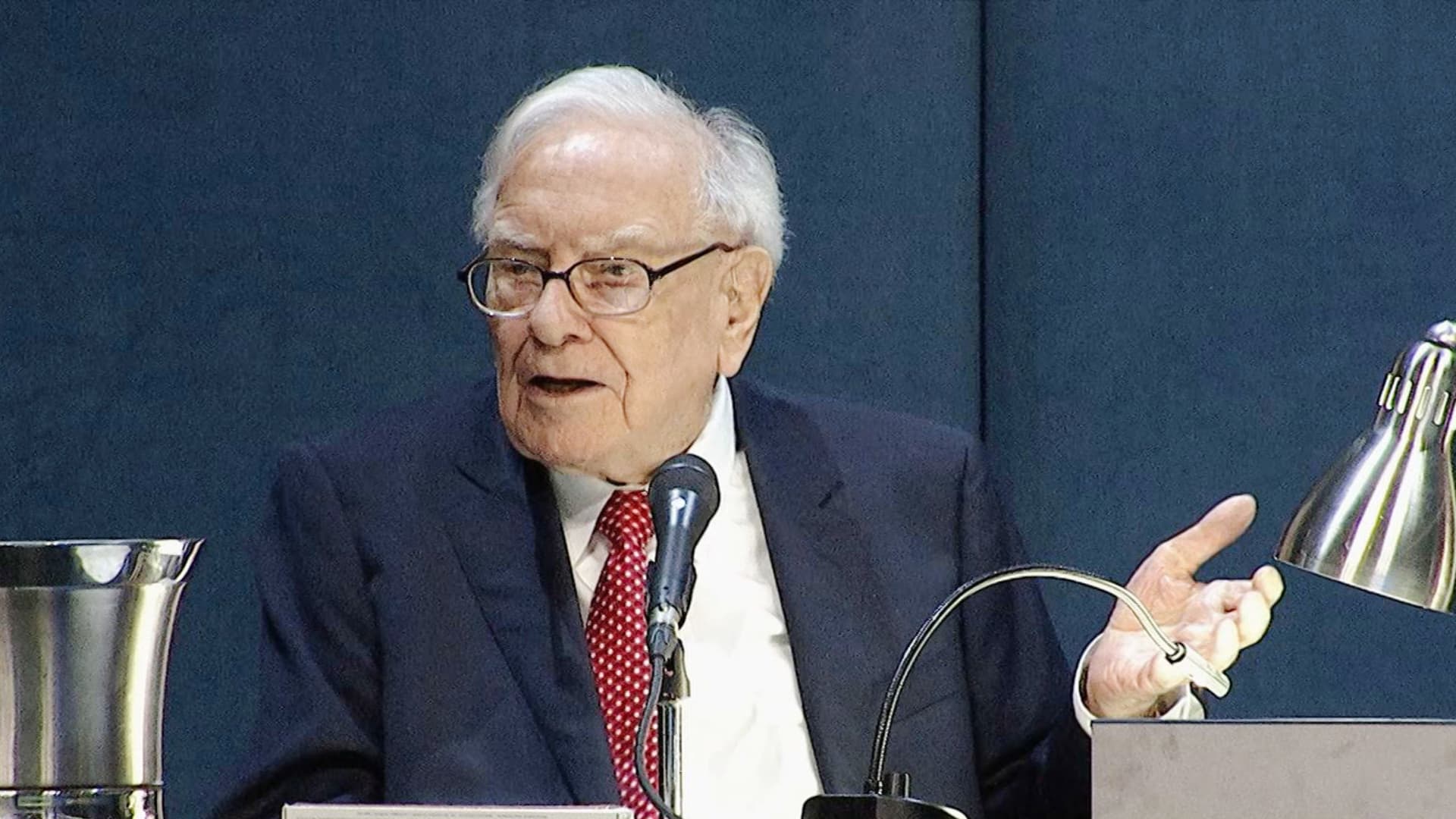London-based venture capital firm Hambro Perks will undergo a rebranding this week following the death of co-founder Rupert Hambro and the resignation of co-founder Dominic Perks, according to a report by Sky News.
According to Sky News’ sources, Hambro Perks, known for its stake in the location-mapping service What3Words, will be renamed Salica Investments.
The new name derives from “salix”, the Latin word for willow, and “karpos”, the Greek word for fruit. It aims to convey the firm’s reliability and its potential for organic growth.
Hambro Perks was founded by Rupert Hambro, who passed away in 2021, and Dominic Perks, who departed the firm last year, now being led by Andrew Wyke. Over time, the firm has diversified into private market funds, investing in equity and debt across various industries and geographies.
Perks has since founded venture capital firm Lexham Partners, partnering with Sanjiv Somani, former CEO of JP Morgan’s digital bank, Chase UK. He remains one of the largest shareholders in Salica Investments, alongside the Hambro family and FTSE-100 insurance and pensions provider Phoenix Group.
One of Sky News’ sources said that the firm’s funds are performing well, having held a final close on its first UK venture debt fund. Salica Investments also plans to launch several new investment funds later this year.


